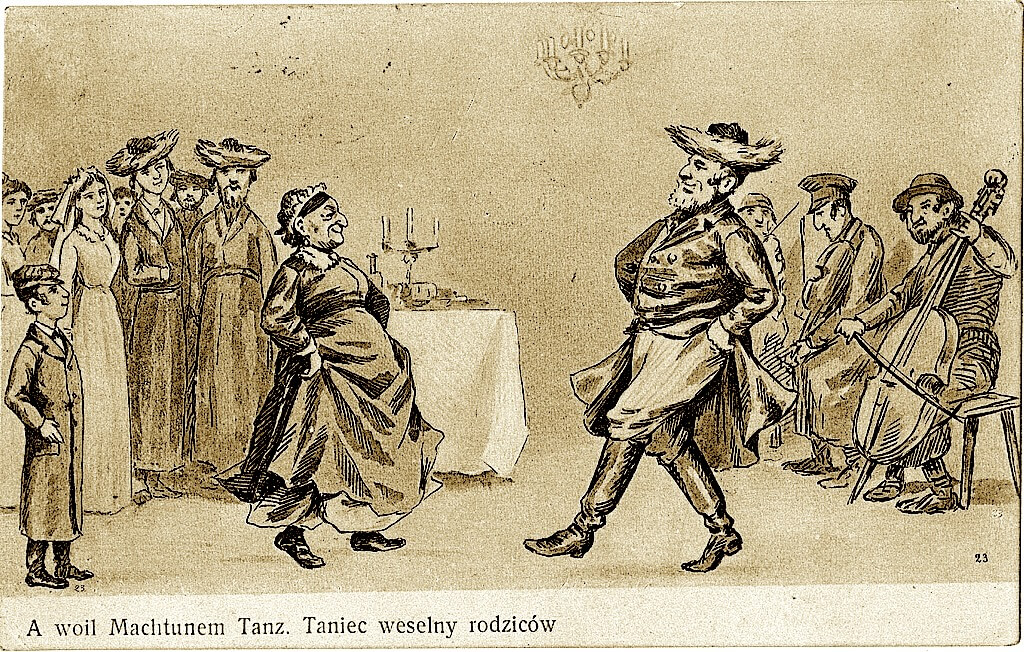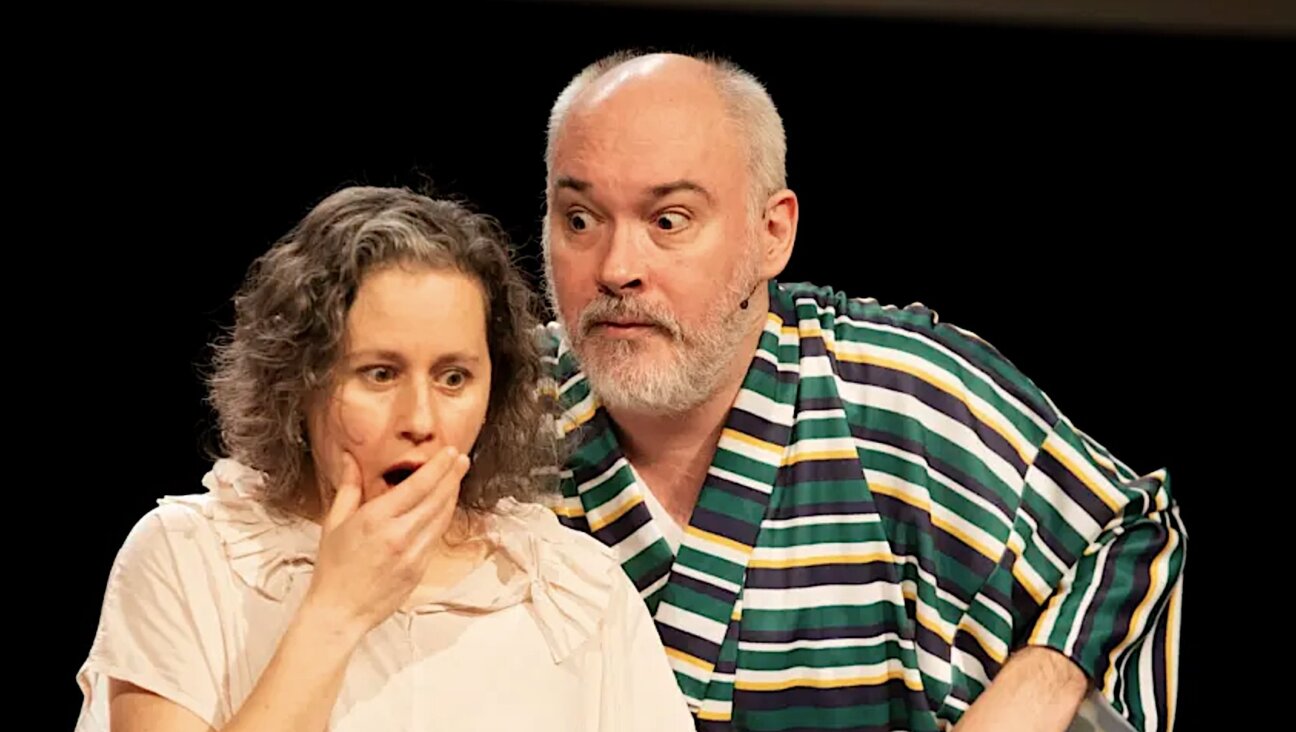Orthodox songwriter Yossi Desser debuts album of Yiddish Hanukkah carols

It’s that time of year again: no matter which supermarket you enter or storefront you pass by, it’s the same old Christmas carols on the PA system.
But what if you heard them in Yiddish, celebrating Hanukkah instead?
It may sound gimmicky but in his debut album, “Yiddish Hanukkah Carols”, Orthodox singer-songwriter Yossi Desser has done an amazing job, setting Yiddish lyrics about latkes, dreidels and the snow to the melodies of traditional Christmas songs, and making them sound as if they were Jewish all along.
In a video posted on YouTube when the album went live, for example, Desser sings his song, “Dreidelekh” (Little Dreidels), to the tune of “Silver Bells”, the classic Christmas song first recorded and popularized by Bing Crosby and Carol Richards in 1950.
What’s most fun about watching Desser sing this is that we get the tongue-in-cheek references: the unabashed sentimentality of the crackling fireplace, the gaudy Hanukkah sweater, the twinkling seasonal lights in the urban streets; and yet, Desser himself sings it as earnestly and sweetly as, ahem, a choir boy. Even more surprising is that, hearing him singing it in Yiddish soon begins to sound perfectly natural.
In an intro on his website, Desser explains that he was drawn to translating Christmas carols into Yiddish after discovering how many of these songs had been written by Jews from Yiddish-speaking immigrant homes who simply wanted to succeed in show business, including songwriters like Irving Berlin (“I’m Dreaming of a White Christmas”), Sammy Cahn and Jule Styne (“Christmas Waltz”) and Mel Torme (“Chestnuts Roasting on an Open Fire”).
“Once, while lighting the Menorah on a white and snowy Chanukah evening, I felt compelled to take these compositions which were written for the general public and put it to the Yiddish lexicon,” Desser writes. Since there was a scarcity of Chanukah songs in Yiddish, he decided to record it. Desser adds that his interest in Yiddish folk music was fueled by his grandmother who was a Holocaust survivor: “She used to sing them all the time and it ultimately led me on a research mission about the Yiddish entertainers of the early 20th century.”
No doubt Irving Berlin, who passed away in 1989, is now following Desser from above, and beaming.
A message from our Publisher & CEO Rachel Fishman Feddersen

I hope you appreciated this article. Before you go, I’d like to ask you to please support the Forward’s award-winning, nonprofit journalism during this critical time.
At a time when other newsrooms are closing or cutting back, the Forward has removed its paywall and invested additional resources to report on the ground from Israel and around the U.S. on the impact of the war, rising antisemitism and polarized discourse.
Readers like you make it all possible. Support our work by becoming a Forward Member and connect with our journalism and your community.
— Rachel Fishman Feddersen, Publisher and CEO
























